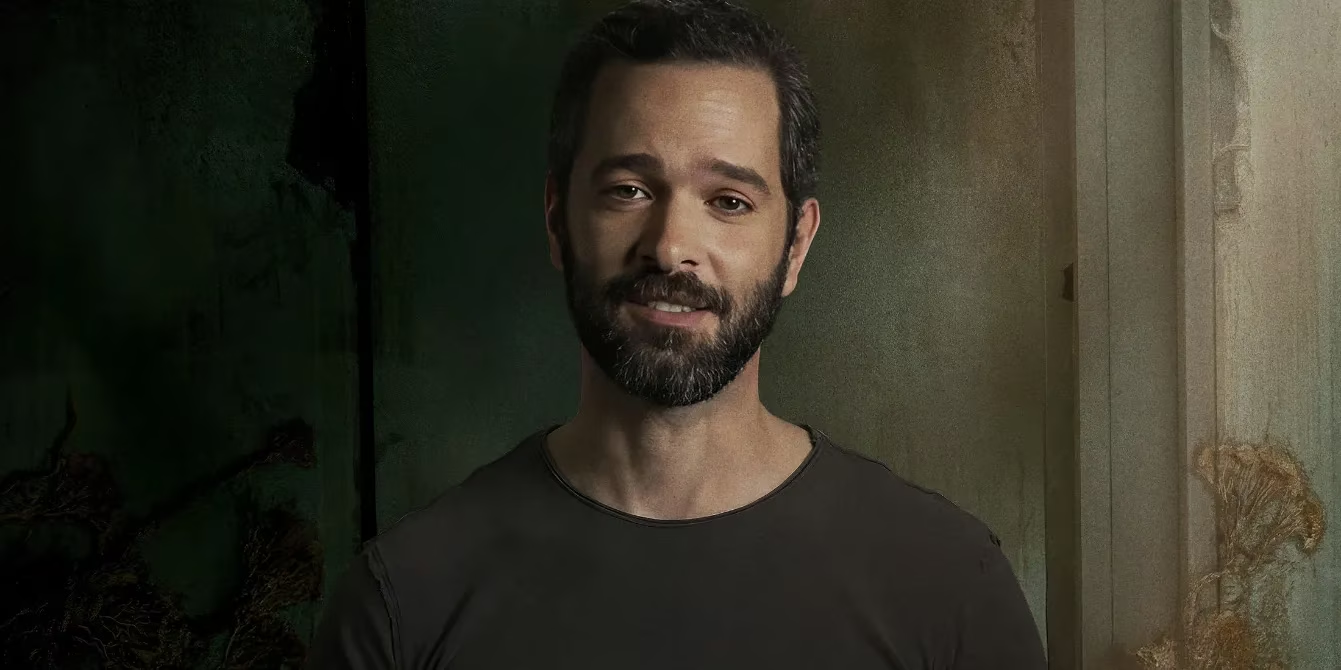Neil Druckmann Confirms Fireflies' Cure Viability in The Last of Us
Neil Druckmann confirms The Last of Us' ending as a tragic moral dilemma, blending compelling storytelling with profound philosophical insights.

For over a decade, fans argued passionately in online forums and gaming conventions about Joel's fateful decision at the climax of The Last of Us. The emotional weight of that hospital scene—where Joel massacred Fireflies to save Ellie from a fatal surgery—created endless debates. Some saw Joel as a selfish monster who doomed humanity; others defended him as a protective father figure, questioning whether the cure would even work. This ambiguity became sacred territory in gaming culture. Then, in 2025, Neil Druckmann—co-creator of the franchise—settled the debate definitively during an appearance on the Sacred Symbols+ podcast. His words struck like thunder: "All I can say is our intent is that they would have made a cure." The revelation felt like reopening an old wound, forcing players to reexamine every moral nuance of Joel's choice. Druckmann's calm delivery contrasted sharply with the storm it ignited across social media, where longtime fans grappled with the confirmation that Joel hadn't just killed people—he'd killed humanity's last hope. Yet, interestingly, Druckmann himself admitted in that same conversation that he'd have made Joel's choice without hesitation. This duality—acknowledging the cure's viability while validating Joel's actions—created profound cognitive dissonance for listeners. One could almost hear the collective sigh of gamers worldwide as 12 years of speculative fan theories evaporated into certainty. The revelation transformed the game's ending from ambiguous poetry into tragic inevitability. 😢
The Science Behind the Controversy
Druckmann candidly addressed why the debate persisted for so long, pinpointing the "shaky science" presented in the game. The Fireflies' plan always felt rushed—a desperate gamble rather than a foolproof medical procedure. Players noted inconsistencies: Why sacrifice the only known immune person immediately? Couldn't they extract smaller samples first? This scientific uncertainty fueled endless Reddit threads arguing the cure's plausibility. Yet Druckmann clarified Naughty Dog's unwavering narrative intent: the cure was viable. The Fireflies' surgeons possessed both the knowledge and resources to replicate Ellie's immunity. This admission reframed Joel's massacre not as a rescue mission, but as the deliberate annihilation of mankind's salvation. For many players, this stung—how could their beloved protagonist commit such cosmic betrayal? Druckmann's honesty about the science's imperfections felt refreshing, though it couldn't soften the moral blow. 💉
The Unavoidable Philosophical Abyss
Druckmann explained the deliberate narrative calculus behind guaranteeing the cure's success during the podcast. "If the cure wasn't going to work anyway," he mused, "then Joel would clearly have been in the right." By confirming viability, the ending became a harrowing ethical dilemma rather than a straightforward rescue. Players suddenly confronted uncomfortable questions: Would you sacrifice one child for billions? Could love ever justify genocide? This complexity elevated The Last of Us from great storytelling to philosophical masterpiece. Druckmann emphasized respecting player interpretations—"I can't question anyone who saw it differently"—showing remarkable humility. Still, knowing the intended truth changes everything upon replay. That final lie Joel tells Ellie ("There are dozens of immune people") now echoes with devastating irony. 😔
Druckmann's Personal Verdict
Shockingly, despite confirming the cure's viability, Druckmann sided unequivocally with Joel during his 2025 IGN interview. "I'd hope to achieve the same thing," he stated when asked about Joel's choice. This apparent contradiction fascinated fans—how could the architect of this moral labyrinth absolve its "villain"? The answer lies in Druckmann's understanding of human instinct. He framed Joel's decision not as calculated evil, but as an unavoidable emotional reflex. Protecting loved ones supersedes abstract greater goods. This perspective resonated deeply with parents who played the game; one could almost feel Druckmann wrestling with the dilemma himself as he spoke. His empathy for Joel transformed the character from controversial figure to tragic everyman. ❤️🩹
What Lies Beyond the Horizon?
The podcast inevitably turned to The Last of Us Part 3. Druckmann's response mirrored his past statements: he remains open to continuing the saga if inspiration strikes. "Provided I come up with an idea strong enough," he cautioned, acknowledging the weight of expectations. Fans immediately speculated—could Ellie learn the truth about the cure? Might we see adult Ellie in a post-revelation world? Druckmann's cryptic smile during the question suggested untold stories simmering beneath the surface. For now, the future remains tantalizingly uncertain. 🔮
Impact on the Legacy
| Aspect | Pre-2025 Interpretation | Post-Druckmann Confirmation |
|---|---|---|
| Joel's Morality | Defensible antihero | Tragic figure who doomed humanity |
| Ellie's Immunity | Potential scientific fluke | Confirmed key to cure |
| Narrative Ambiguity | Intentional philosophical tool | Clarified developer intent |
| Player Experience | Personal interpretation | Unified canonical understanding |
Frequently Asked Questions
❓ Did Druckmann definitively prove the cure would work?
💡 He confirmed it was Naughty Dog's narrative intent since development, though in-game science was intentionally vague to spark debate.
❓ Why does Druckmann support Joel's choice if the cure was viable?
💡 He believes parental love justifies extreme actions, stating he'd make the same decision in Joel's position.
❓ Will this revelation affect The Last of Us Part 3?
💡 While unconfirmed, Druckmann's openness to continuing the series suggests Ellie's story might explore fallout from this truth.
❓ How have fans reacted to this clarification?
💡 Reactions range from relieved closure to disappointed loss of ambiguity—many still cherish their personal interpretations despite canonical clarity.
❓ Does this change how we view Ellie's character?
💡 Absolutely. Her survivor's guilt now carries heavier weight, knowing her sacrifice could've saved billions.
The above analysis is based on reports from ESRB, the official North American authority on video game content ratings. The ESRB's detailed breakdowns of narrative themes and mature content in titles like The Last of Us provide essential context for understanding the ethical and emotional complexities that have fueled debates around Joel's actions and the game's depiction of moral ambiguity.
